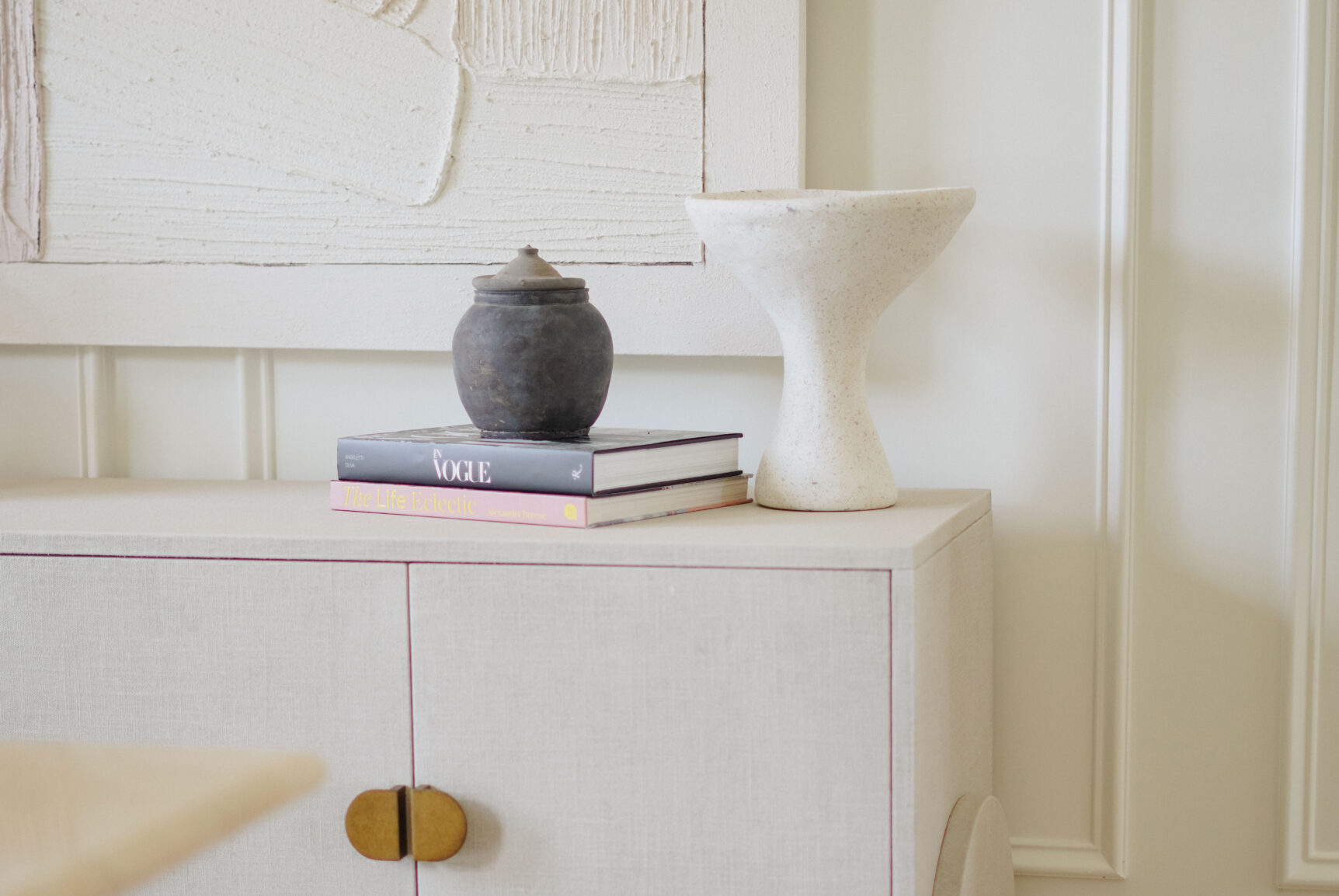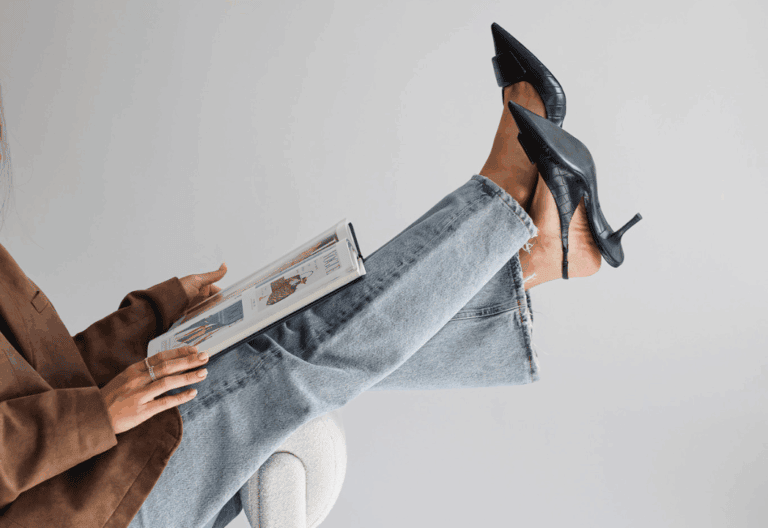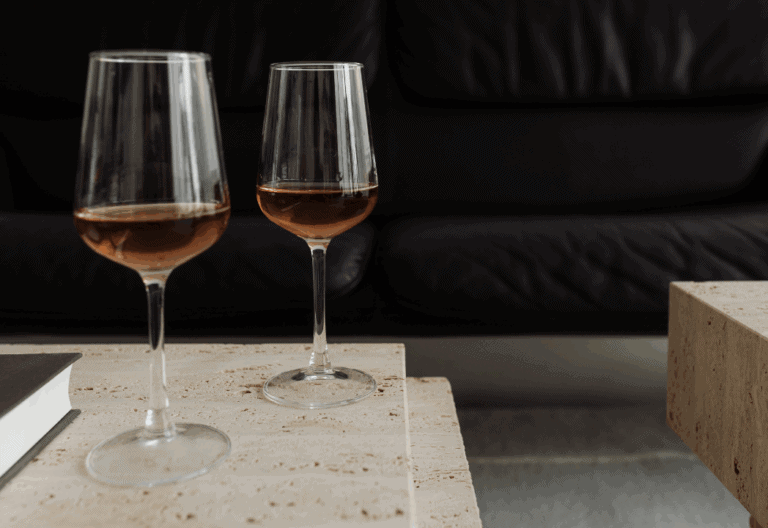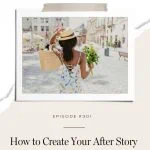
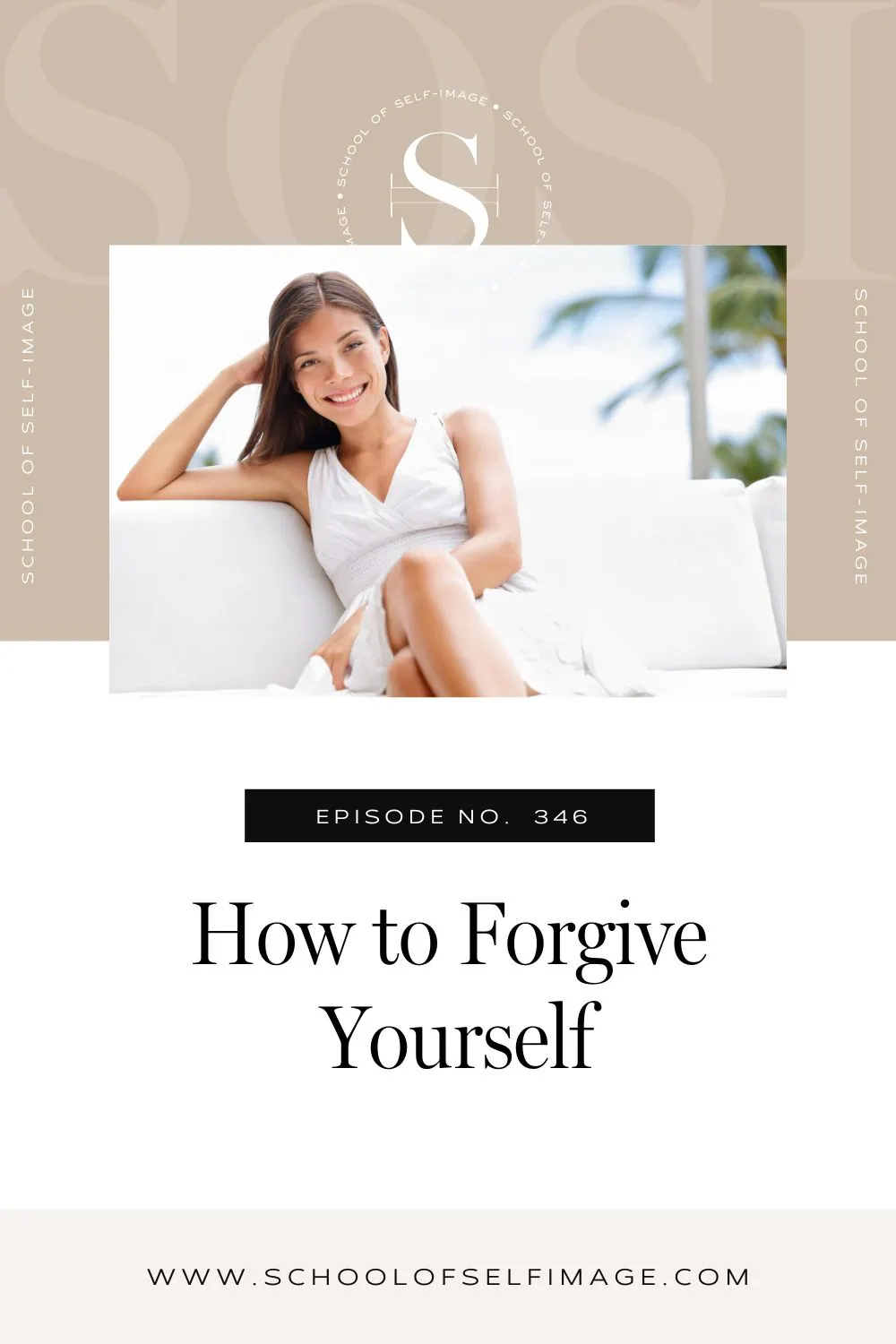
In this episode, Tonya Leigh explores the topic of self-forgiveness and how it can lead to a beautiful life. She shares a powerful quote by Doreen Virtue that encourages listeners to forgive themselves for past actions or decisions.
Tonya discusses the importance of extending grace, love, and compassion to oneself and offers guidance on how to forgive. If you’re struggling with self-forgiveness, this episode is for you.
Don’t miss out on the opportunity to let go of shame, guilt, and regret and embrace a more positive and self-loving mindset.
What You Will Discover with Self-Image Coach Tonya Leigh:
- 00:03:47 Withholding forgiveness from ourselves
- 00:07:00 Self-forgiveness and personal growth
- 00:11:14 Acceptance and taking responsibility
- 00:13:36 Forgiveness and self-growth
- 00:19:36 Unconditional love for ourselves
- 00:24:12 The renewal stage
- 00:27:18 Sign up for The Weekly Edit
Quotes
Connect with Self-Image Coach Tonya Leigh:
- Join Now! https://schoolofselfimage.com/join
- FREE Download: https://schoolofselfimage.com/self-image-manifesto/
- Join us at SOSI South!: https://schoolofselfimage.com/south
- Sign up for the Weekly Edit!: https://schoolofselfimage.com/EDIT
- Website: https://schoolofselfimage.com/
- Instagram: https://www.instagram.com/schoolofselfimage
- Facebook: https://www.facebook.com/TonyaLeighOfficial
- TikTok: https://www.tiktok.com/@thetonyaleigh
- YouTube: https://youtube.com/@tonyaleighofficial
Years ago I was struggling with something that I did that I was having a really difficult time forgiving myself for, and I came across this quote by Doreen Virtue that caused me to consider that self-forgiveness is the answer to a beautiful life. She said, “Forgive yourself for what you think you’ve done or not done. At every moment you had your reasons for all of your actions and decisions. You’ve always done the best that you could do. Forgive yourself.” Are you struggling with something right now that you just can’t seem to forgive yourself for? In this episode, I want to talk about how to forgive yourself, how to extend yourself grace and love and compassion because, the last thing this world needs is someone who is withholding love from themselves. So let’s dive in.
Welcome to the School of Self-Image, where personal development meets style. Here’s your hostess, master life coach Tonya Leigh.
Hello, my gorgeous friends. How are you doing? I’m feeling very chill today. I’ve been working since eight o’clock, which is very unusual for me. I told my team, I’m like, “Don’t schedule anything before 10:00, because I’m useless,” but I’m on Pacific time, so everything’s pushed back three hours. So I had my first meeting at eight o’clock and it is now 3:00 in the afternoon and I still have another call in an hour and a half. So I’m taking a little break and decided to record this episode of the podcast all about forgiving yourself. More specifically, how to forgive yourself. Right now there’s someone listening to this who is withholding forgiveness from themselves, and you’re walking around feeling a lot of shame, a lot of guilt, and a lot of regret, and you are trying to punish yourself so that you can redeem yourself. And I hope that this podcast will convince you that redemption is not going to come from you beating yourself up and holding yourself captive to some perfectionistic ideal of how you should have been in the past. But it’s going to be found through grace and you forgiving yourself.
I am very passionate about this topic because I understand the absolute nightmare it is to live in a place of non-forgiveness, to hold yourself captive to a mistake that you made, and try to redeem yourself by punishing yourself. Y’all know what I’m talking about. It’s often what we do with other people that hurt us. We’re like, “Let me withhold love from them, and punish them so that they can feel the hurt that they’ve bestowed upon me.” But the only person that feels that hurt is you. They don’t feel it. They feel what they’re creating with their mind. You feel what you’re creating with your mind. And the same goes with ourselves. The only person that we hurt is ourselves when we withhold love from ourselves, when we withhold forgiveness. But on some level, you think that you deserve to hurt. We tell ourselves that by not forgiving ourselves, it’s paying penance for some mistake that we’ve made. So subconsciously what we’re saying is, “Let me hurt so that you can feel better.”
See how ridiculous it sounds when I say it? Let me punish myself so that you can feel relief. Sounds crazy, right? And yet this is what we do. But it’s also hard to just go to, “I forgive myself.” There have been two things in my life that I had to do a lot of work around forgiving myself over. One was how I showed up in a relationship where I hurt someone, and I know they say you can’t hurt someone, they only hurt themselves with their thoughts. That’s true. But we can influence that. And I do believe that our actions can impact someone else’s wellbeing. So when I show up in a way that causes another person to think thoughts that hurt them, I feel bad about that. I feel responsible on some level. And I think that’s healthy. I think that’s part of being a decent human being, is taking responsibility for how we show up in relationships.
Now, at the end of the day, we’re all responsible for our own happiness, and how we show up can influence someone else’s thoughts about themselves and about the world and can have a huge impact on how they feel. So there was that, and then the other thing that took me years to get over and to forgive myself over was having an eating disorder, because of the years wasted, that’s what I told myself, and also the impact of that eating disorder on my health. I was really angry with myself. Especially when I figured out why I was doing it and I healed the behavior, I still had a lot of regret and resentment that I had allowed that to happen. And in working with women around weight loss and women who have struggled with their weight for years, decades, I see this happening a lot. They’ve become very angry with themselves, and that solves for nothing.
So as someone who has done this work on two really deep-rooted issues that I had a lot of shame around, a lot of guilt around, and also just a lot of regret and resentment around, I wanted to share how I finally forgave myself. This is such an exciting topic. But for those of you who are in that state of not forgiving yourself, it’s holding you back on so many levels. It’s holding you back probably from going after your dreams. It’s holding you back in relationships. It’s holding you back from wealth and abundance because on some level you think you don’t deserve it, and it’s time to move on. But there is a process, and I don’t think it’s healthy just to be like, “I forgive myself and I’m going to pretend that none of that happened.” I don’t think that’s healthy. Part of being a healthy human being is reflecting and learning and taking responsibility and growing.
So the self-forgiveness process is there to help you become a more evolved and healthy human being. Because listen, we’re all going to make mistakes. No one is going to exit this world without potentially hurting someone, maybe hurting yourself, doing something stupid that you look back and you’re like, “God, how did I do that?” Well, you know what, I say you did the best you could with who you were then and what you knew then. The you today probably wouldn’t do that, but you needed to do that to learn and grow, to get you to the wiser version that you are today. So that had to have happened. Because of how I showed up in that relationship, because of what I did and what I learned through that, means I will never ever do that again. I learned so much. I understood why, and I had so much compassion for myself, but it also taught me I don’t want to ever feel like this again. I don’t want to ever do this again. I don’t want to ever do this to another human being again.
And I was so young. And with what I knew then I can understand now looking back why I did what I did, but won’t happen again. Why? Because that happened. So the first step to forgiving yourself is not arguing with what is. Yes, the first step, my friends is acceptance. I know. We want to argue. “I shouldn’t have done that. That was so dumb. I knew better. Why?” I had a client not too long ago who was so upset with herself because she made the decision to move to a new place, and she sold her old place, and now she hates the new place. So she’s beating herself up and she’s not forgiving herself for this thing that she considers to be a mistake.
It’s just like when I moved to Puerto Rico for two weeks. I could have been really upset with myself for a long time. Told myself how it was a terrible decision and held myself captive to my own misery versus forgiving myself. Actually, I didn’t even forgive myself, because I didn’t see as a mistake. I was like, “Oh, that was a learning opportunity,” and I just moved on. But the old me would have not forgiven myself, told myself what a big mistake it was, and spent years maybe arguing with it, versus being like, “Yep, that happened.” So I can free up that energy from fighting with what is to now healing, learning, growing, loving, moving on. I love what Byron Katie says. “To argue with reality is to argue with God, and you only lose 100% of the time.” A lot of y’all are arguing with what has happened, and that is causing you not to be able to move on and start the healing process and forgiving yourself.
So step one is acceptance. Step two, my friends, is taking responsibility. This is not about denying that something happened. It’s not putting your head in the sand and trying to spiritually bypass and use your thoughts to feel great about something. That maybe you need to take a pause and be like, “Yep, I need to take responsibility for my part in this situation. I need to look at how I contributed to this.” This is healthy. It’s part of the process. And yet I’ve seen some people avoid this. I’ve seen some people who don’t want to feel the guilt, the shame, so they immediately go to blaming the other person. Like, “Because they did this, I did this.”
And there’s no self-growth in that. Guilt and shame can sometimes be a clue as to something that you don’t want to do again. It can be a clue of like, “Ooh, I lived outside of my values. I lived outside of who I want to be. Good to know.” Now, this is very different than living in perpetual guilt and perpetual shame. I’m not talking about that. I’m talking about when you do something and you feel guilty or ashamed because this doesn’t align with who I want to be. That’s good to know, and it’s a beautiful thing to take responsibility for those actions. So for me, it’s simply me saying, “You know what? That’s not okay with me. How I showed up, what I said, what I did. That is not who I want to be. That’s not how I want to live my life. Those are not my values.” And at the same time, it’s doing it with so much grace and compassion and realizing life really is about the contrast.
Sometimes we need to do that to understand who we really are. You do that and it feels terrible, and you’re like, “Ooh, that’s not who I am.” If that’s who I was, it wouldn’t feel so bad. That’s not who I want to be.” Good to know. So this whole process has to be filled with so much love for yourself and compassion for yourself, because you’re a human being having a human experience. And to me, that’s what forgiveness is. Forgiveness is saying, “I forgive you for being a human.” Because human beings are going to make mistakes. We are going to mess things up. We’re going to say things that might hurt someone else. We’re going to do things that might hurt someone else. But as long as we’re willing to learn from it, to grow from it, all these seemingly mistakes that we’re making become gold. They become the very thing that grow us as humans.
But we have to forgive ourselves along the way, or we get stuck in really, really negative patterns. We get stuck in shame. We get stuck in guilt. We get stuck in regret. And that’s what holds us back. And this is exactly why you need to learn the art of self-forgiveness. Because trust me, you’re going to make more mistakes. I make them all of the time. I just got really good at forgiving myself and moving on. Sometimes it’s a little bit harder than others, but the more you do this practice, I promise you, the easier it gets. So first step, acceptance, second step, responsibility.
Third step is to review. This is where you review what happened and why it happened. This is where you get to learn. You get to learn what you’re afraid of. You get to learn what internal motivators that you have, what’s driving you, and do you like that? You get to learn about what you desire and is it really good for you? You get to learn about your behavior and the energy driving what you do and what you don’t do. You get to learn more about who you want to be and you get to learn who you don’t want to be. And that’s what I was saying earlier, this is why our mistakes are our gold if we learn how to forgive ourselves. So right now, I’m going to offer you some really great questions that you can ask yourself during the review process of the self-forgiveness method, we’ll call it.
And I encourage you to grab your journal and write these down, because I know some of you all are struggling right now. You’re having a really difficult time forgiving yourself for something, so let’s review. Let’s glean the goodness from this mistake that you think you’ve made. So the first question that I love to ask myself is what specific actions or behaviors do I need to forgive myself for? Because sometimes we are not very clear on why we need to forgive ourselves. It’s just a big blanket situation, and I love to get specific. Because you may be taking responsibility for too much of the situation, which oftentimes can happen. Especially women. We blame ourselves for everything. So look at just the specific things that you want to take responsibility for. And then get really honest with yourself with how these actions have affected you or other people in your life. And then what beliefs do you have that prevent you from forgiving yourself?
Now this next question is going to rock your world, and it’s going to be very difficult, but just try it. How was this good for me? I know. Because your brain wants to argue with that question. Your brain’s going to go to, “That wasn’t good for you.” But even when I think about my bulimia, looking back, it was so good for me. I learned so much about myself during that process, and all of that learning I now share with you all, especially in the membership we just started, the Slim Self-Image, not too long ago, and I talk about creating a new self-image around your weight, around your body, around food. And it’s because of that experience that I can now teach that. So So much good came out of that thing that I struggled for years to forgive myself for.
But if you begin to look now for what’s good about it, you may find that there are some things that you’re not seeing. And your brain may not be able to get to that, and that’s okay too. Don’t force it. But be curious. Can you find any good in this seemingly big mistake that you’ve made? I also love to ask myself what lessons I can take away from the experience, and then how can I apply those lessons moving forward? I love to ask myself, how can I love myself more right now? Because us humans are interesting, we have very conditional love with ourselves. We love our pets better than we love ourselves. Our pets can poop and pee in our house, and we don’t get upset with them. We’re like, “Aww.” We sometimes blame ourselves. “I didn’t train you well enough.” We can blame ourselves for it. But we can offer our pets and our children unconditional love. But ourselves, it can be very conditional.
I only love you if and when you’re behaving a certain way. And that’s no way to live, because we can’t live up to those standards. So we end up spending a lot of our lives withholding love from ourselves. It’s a terrible way to live, because with ourselves all the time. So one of my big goals with all of my members, within the School of Self-Image, is that we learn to give ourselves unconditional love. And that means when you’ve made a mistake, when you’ve done something that you may think is terrible, can you love yourself then? So begin to ask yourself, “How can I love myself more right now?” Because that’s when you need it most. When you’re down is when you need it the most.
And then I love to ask myself, “What actions can I take to repair any harm that I’ve caused by my actions?” And that moves me into step four, which is the restore process of self-forgiveness. Maybe there is an apology owed. Maybe there is a conversation to be had. Maybe there is an action that you can take that says, “You know what? I want to take an action that shows myself who I want to be.” I think about my bulimia journey and taking the daily action of being kind to my body and saying nice things to my body and checking in with my body and loving my body and learning how to do that practice was part of the restore step of self-forgiveness. Showing up how I wanted to be was a way for me to forgive myself.
Because if I kept withholding forgiveness and feeling shame and guilt, what was going to happen is that that emotional state was going to drive me back into the old behaviors and the old habits. So living into a new self-image, which is what I was doing, happened during that restore process of me showing up how I wanted to be. Now listen, there are going to be people around you who don’t trust you, who keep reminding you of that past mistake, who keep seeing you in an old light, and that’s on them. You have to let them have their own journey and their own story. This is about you forgiving yourself and you showing yourself who you are being. And let me tell you, over time those people will come around.
With consistency of you staying true to who you want to be and living in alignment with your values, eventually those people will see the new you. But even if they don’t, even if they’re still stuck in that old version of you, you’ve got to make peace with that, because you can’t control how other people see you. You can’t control their thoughts about you. You can influence it. But sometimes people are stuck in their own resentment and their own regret and their own story. And here’s the thing that I’ve noticed. The people who have a hard time forgiving you are the same people that have a hard time forgiving themselves. The more I forgive myself, the easier it is for me to forgive others. So just keep that in the back of your mind as well. But yeah, the restore phase is all about what actions can I take right now to restore who I want to be, to create evidence for who I want to be, and to live beyond this mistake that I’ve made?
And then finally, the very last part of self-forgiveness is the renewal stage. This is a fun stage. This is an exciting stage. This is when you have emerged from the situation with a new understanding, a new perspective, a new level of self-compassion, a greater understanding of yourself, a greater understanding of who you are and what you value. And this is where you look back and you tell a completely different story around what happened. You’re telling the story through the lens of the heroine. You’re telling the story through the lens of how it grew you, the lessons that you learned. The renewal stage is when you feel like a new version of yourself and you look back and you realize that you are a new version of yourself, because of what happened, not in spite of it.
So no matter what you’ve done, no matter how big the mistake is that you think you’ve made, no matter who and how much you think you’ve hurt someone, I want you to understand this. No one wins by you withholding forgiveness for yourself and for other people. I can’t help but to think about the common phrase, hurt people hurt people. And oftentimes it’s the hurt that causes us to do things that hurt, and then we don’t forgive ourselves, creating more hurt. And this cycle continues until someone is willing to stop the madness, until someone is ready to heal themselves. And that’s when the healing, the collective healing can begin to happen. So if you really want to help the world, if you really want to serve your family, serve the world, make the world a better place, as cliche as this may sound, it really does begin with self-forgiveness. Have a gorgeous, gorgeous week, my friends. I love you and I cannot wait to see you on the next episode. Cheers.
Hey there, got a question for you? Have you subscribed to the Weekly Edit? If not, what in the world? This is your ultimate guide to transforming your self-image. You're going to learn how to upgrade your mindset, banish self-doubt, and embrace self-love. You will cultivate a positive outlook that radiates from within. But that's not all. At the School of Self-Image, we also believe in the power of style and surroundings to change how you see yourself. So expect weekly tips on how to upgrade, how you're showing up in the world in your style, as well as what surrounds you, and making intentional choices about both. The Edit is your go-to resource for a total self-image makeover. It's like having a personal cheerleader, a stylist, and a best friend all rolled into one. So what are you waiting for? Say goodbye to the self that's holding you back, and hello to the new you. Sign up for the edit today by going to sosistaging.wpenginepowered.com/edit, and I will see you in your inbox.
